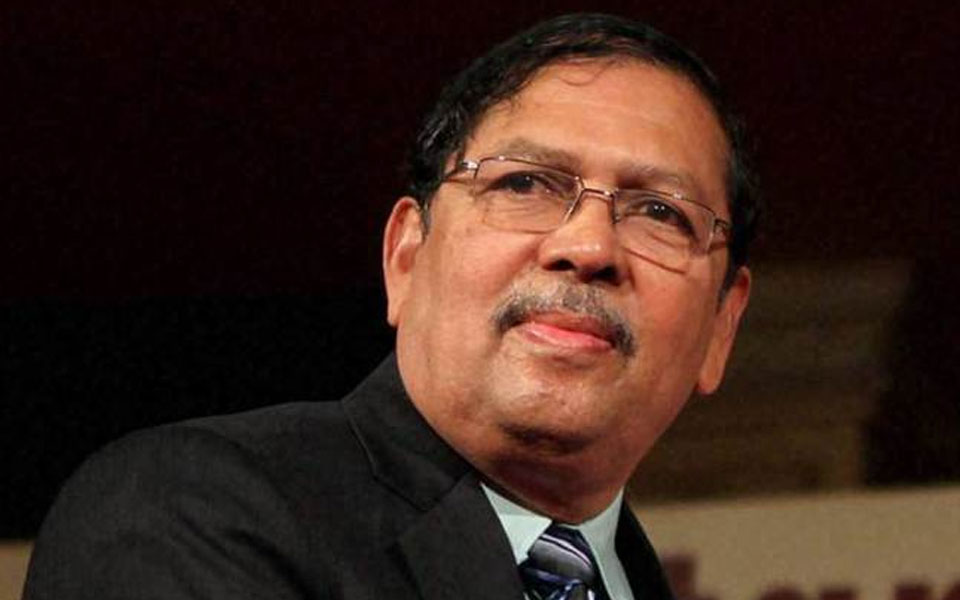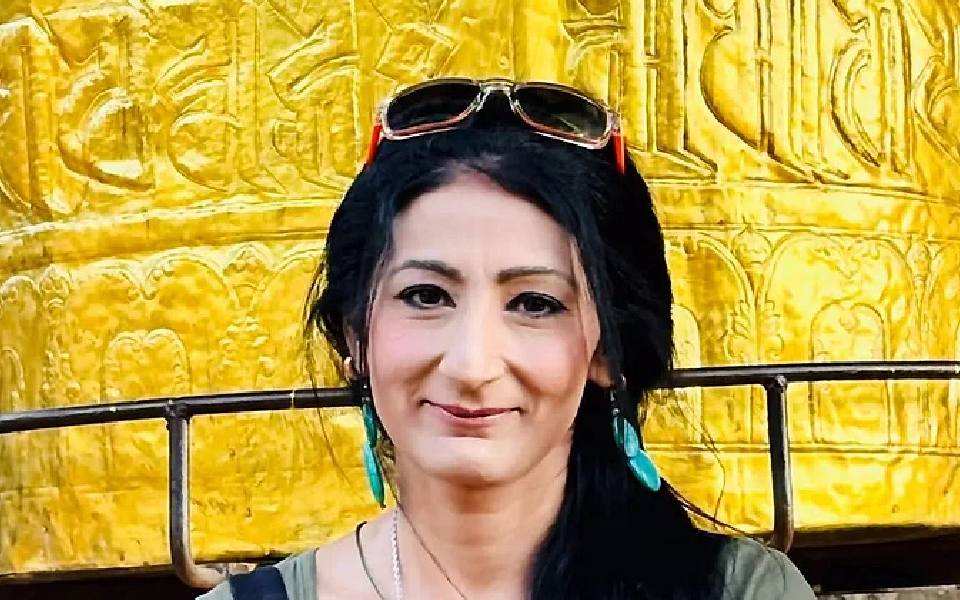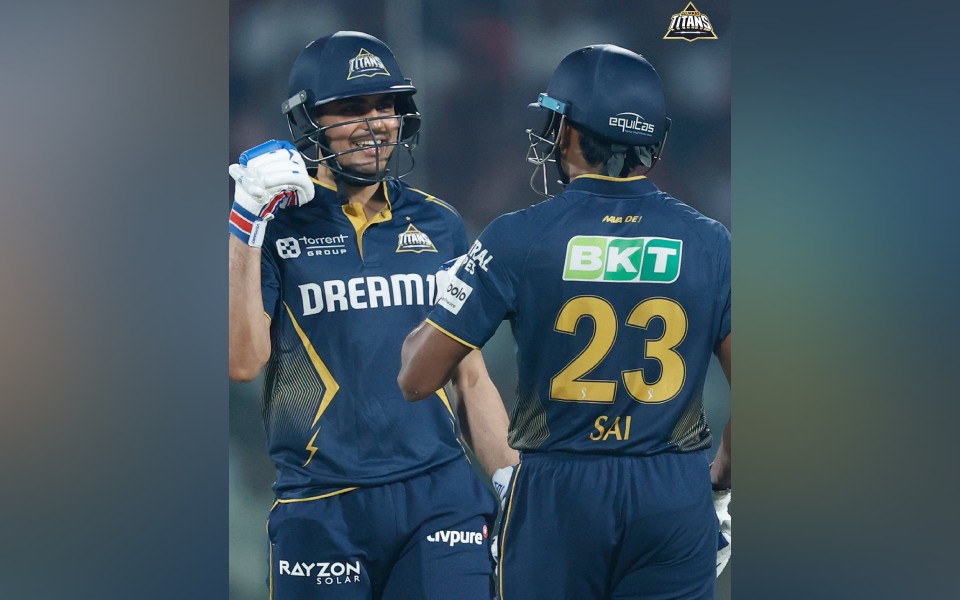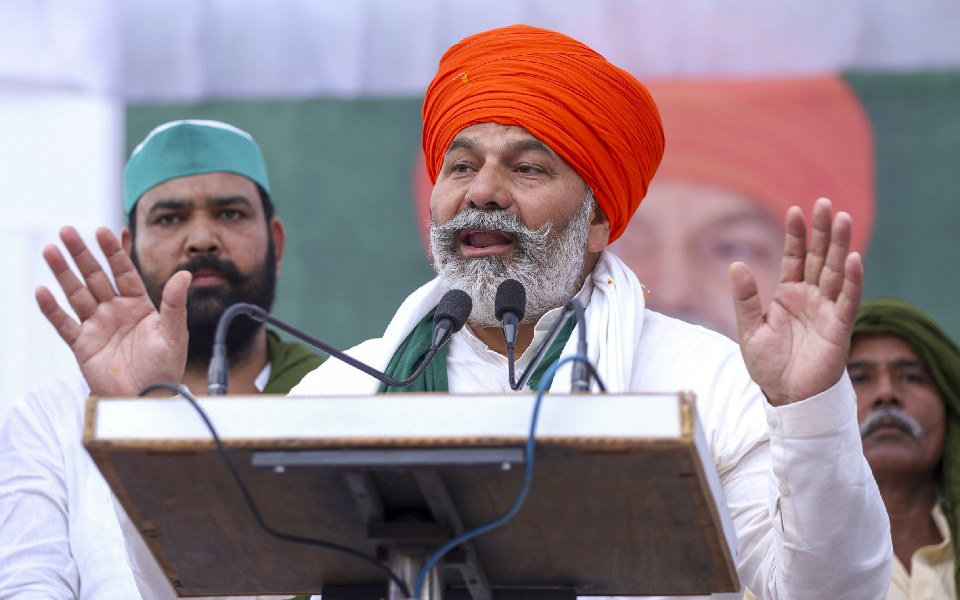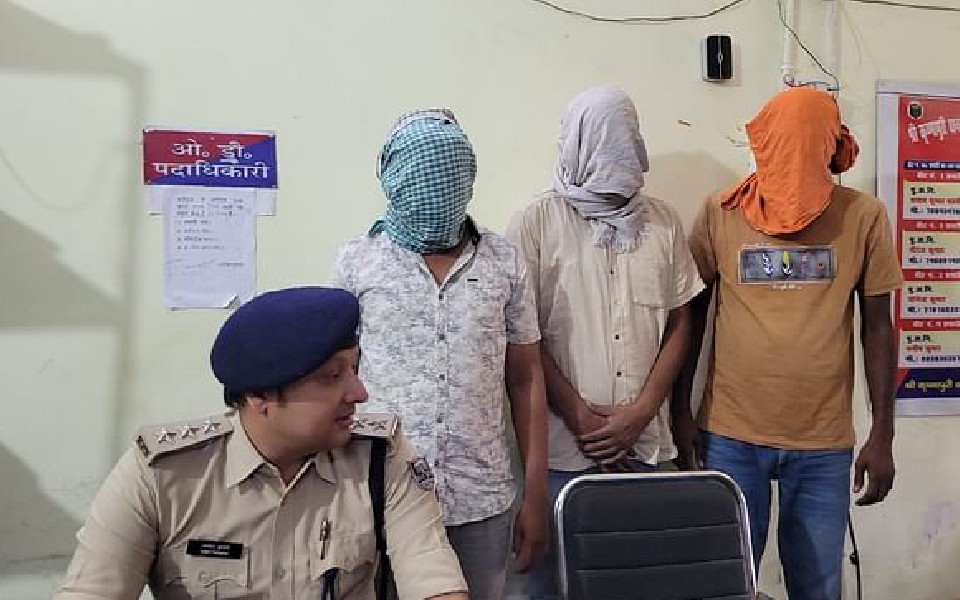Hyderabad, Oct 8 : The Supreme Court should be the last court only for specialised subjects like interpretation of the Constitution, and not for every litigation, retired SC judge N Santosh Hegde has said.
"Supreme Court (SC) should not be the last court for every litigation; it should be the last court only for some specialised subjects like interpretation of the Constitution like the American Supreme Court," the former Solicitor General of India told PTI.
"Let the High Court and other courts deal with it (other subjects); let the matter stop (at HC and other courts; let it not go to SC)", the former Karnataka Lokayukta suggested.
High Courts also, he advocated, should be a little more careful and reduce the number of intake (of cases).
"All matters should not be taken up as a matter of routine; there should not be right on every citizen to have a hearing by the High Court or Supreme Court," Hegde said.
It would be easier for the Apex Court if it was made a "constitution court" or "some such thing", he said, noting that today every matter which starts in the first court goes to the Supreme Court.
Hegde, who had also served as Advocate General of Karnataka, noted that the law profession has become a sought-after and well-paid one over the years from once being a "last resort of an unemployed graduate."
When he joined the law course, it was a last resort of an unemployed graduate, the 78-year-old said. But today, it's the most sought following the advent of the five-year course and National law schools in different parts of India.
"It's really, really a well-paid profession", he said, adding, law professionals today have multiple career choices, including positions such as company law secretary and law director.
"During my time I only have to practise or keep quiet.
Now, it's not like that. So many law firms are there; today law is a very sought-after profession and also it's well-paid profession," Hegde added.
Let the Truth be known. If you read VB and like VB, please be a VB Supporter and Help us deliver the Truth to one and all.
London/New Delhi: Professor Nitasha Kaul, a London-based academic, announced on May 18, 2025, via a social media post that her Overseas Citizenship of India (OCI) card has been cancelled by the Indian government. She described the move as a "bad faith, vindictive, cruel example of transnational repression" intended to punish her for her scholarly work critical of the Modi government's policies concerning minorities and democracy.
The cancellation follows an incident in February 2024 when Professor Kaul, who holds a British passport and held an OCI card, was denied entry into India upon arrival at Bengaluru airport. She had been invited by the then Congress-led Karnataka state government to speak at a conference on "The Constitution and Unity in India."
According to an image of the letter shared by Professor Kaul, the Indian government stated that it had been "brought to the notice of the Government of India that you have been found indulging in anti-India activities, motivated by malice and complete disregard for facts or history." The letter further accused her of regularly targeting India and its institutions on matters of India's sovereignty through "numerous inimical writings, speeches and journalistic activities at various international forums and on social media platforms."
Professor Kaul, who is a Professor of Politics, International Relations, and Critical Interdisciplinary Studies and the Director of the Centre for the Study of Democracy (CSD) at the University of Westminster, London, vehemently rejects these accusations. She stated she had provided a 20,000-word response to what she termed the government's "ridiculous inanity about ‘anti-India’," but the OCI was cancelled through a "rigged process."
In her social media posts, Professor Kaul lamented the decision, questioning how the "mother of democracy" could deny her access to her mother in India. She characterized the action as stemming from "thin-skinned, petty insecurity with no respect for well-intentioned dissent."
The February 2024 denial of entry had already sparked controversy. At the time, immigration officials reportedly cited "orders from Delhi" without providing formal reasons, though Professor Kaul mentioned informal references to her past criticism of the Rashtriya Swayamsevak Sangh (RSS). The Ministry of External Affairs had then responded by stating that the entry of foreign nationals into India is a "sovereign decision." Unofficial government sources had indicated that a "preventive lookout circular" was issued against her due to her alleged "pro-separatist" and "anti-India" stance on Kashmir.
The BJP in Karnataka had criticised the state government for inviting her, labelling her an "anti-India element." Conversely, the then-Karnataka government and various international human rights organizations and academic bodies had condemned the denial of entry.
Professor Kaul has been an outspoken commentator on Indian politics, including the abrogation of Article 370 in Jammu and Kashmir, and has testified before international bodies such as the US Congress on human rights in the region. She maintains her work is academic and pro-democracy, not anti-India.
The cancellation of her OCI card effectively bars her from entering India, a country to which she has personal and academic ties. This incident adds to a growing list of academics, journalists, and activists of Indian origin whose OCI status has been revoked or who have been denied entry to India in recent years, raising concerns about freedom of speech and dissent. Reports indicate that over 100 OCI cards were cancelled by the Indian government between 2014 and May 2023. Furthermore, in 2021, new rules were introduced requiring OCI cardholders to obtain special permission for activities such as research and journalism.

